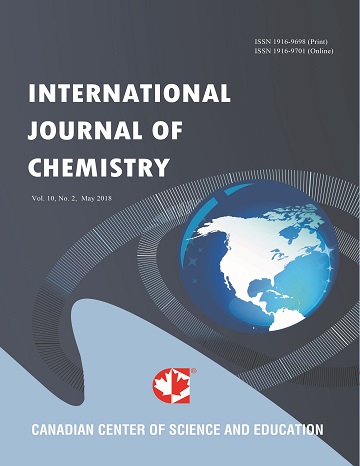Organic Combustion Model for Determining Higher Heating Value: Mathematical Framework and Thermochemical Equation
- Pong Kau Yuen
- Cheng Man Diana Lau
- Kuok In Gabriel Yuen
Abstract
Organic combustion is a classic redox reaction which uses molecular oxygen as an oxidizing agent. It pertains to two critical parameters in thermochemistry, i.e., higher heating value and heat of organic combustion. In this research, an organic combustion model which consists of two sections is established. The first section is a mathematical framework for counting theoretical higher heating value and the second section is a thermochemical equation for calculating theoretical heat of organic combustion. This research shows that based on any given empirical or structural formula of organic matter, the theoretical higher heating value can be calculated by parameters of organic matter, parameters of organic combustion, or a combination of both. The general balanced organic combustion and thermochemical mathematical equation can be deduced, and consequently the theoretical heat of organic combustion can be counted. Using this organic combustion model, the study reveals the quantitative difference between two approaches that are used for calculating theoretical higher heating value and heat of organic combustion.
- Full Text:
 PDF
PDF
- DOI:10.5539/ijc.v17n2p63
Index
Contact
- Albert JohnEditorial Assistant
- ijc@ccsenet.org
